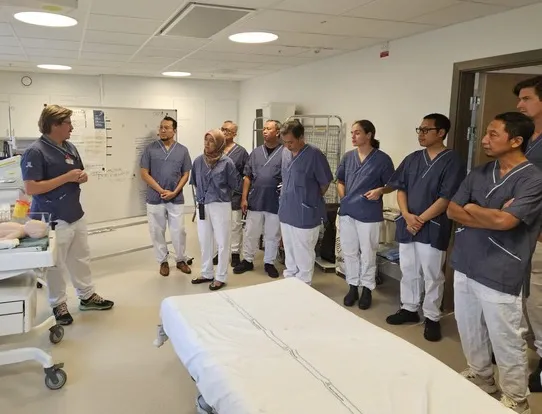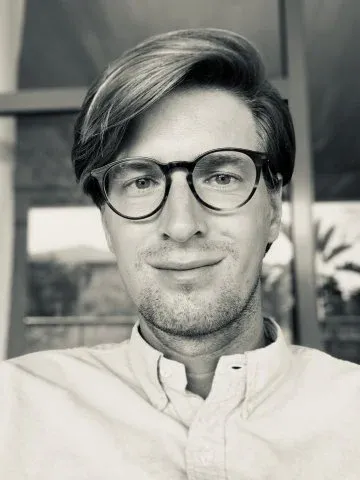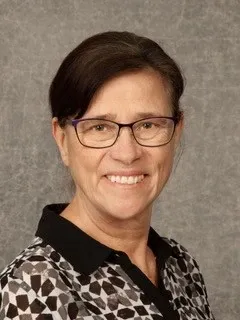In September, the Department of Global Public Health and the research group Global Child Health and the Sustainable Development Goals, were visited by a delegation of eight medical doctors and researchers from Indonesia. The visit was the beginning of a four-year long collaboration on a PhD twinning arrangement and research on critical care, supported by Carl Bennet AB.
Earlier this year, an agreement was reached to support an academic collaboration between Karolinska Institutet (KI) and the Airlangga University (UNAIR) in Surabaya, Indonesia.
The new partnership started off in September. During a week of intensive work, representatives from KI and UNAIR began the four-year long journey of collaboration within the PhD twinning program on emergency critical care focusing on the newborn period.

The aim of the project's kick-off week was for four PhD students, their supervisors, and the project coordinators to meet and start working on the PhD plans. With their cross-sectional backgrounds in obstetrics, neonatology, intensive care, and public health, the four PhD students Kun Arifi Abbas, Wurry Ayuningtyas, Pandu Hanindito Habibie, and KI medical student Alma Nordenstam, will contribute to the project with different aspects on critical care.
Study visits
As part of the kick-off week, the group was invited to some eye-opening visits at several clinics. Visits at the Karolinska University Hospital's neonatal intensive care unit, and obstetrics department, as well as Sachs' Children and Youth Hospital's neonatal unit and emergency department, led to discussions about differences and commonalities between the health care systems in Sweden and Indonesia.

"Our UNAIR colleagues were impressed by the level of parent involvement in neonatal care and the rather extensive use of home care in Sweden, to decrease the risk of infection and to liberating space in the hospital", says project coordinator Mattias Schedwin.
A tour of the clinical simulator unit initiated discussions around the potential of bringing the Swedish model for team training in emergency situations, to South Asia.
During a visit to Getinge, the group was shown some of the latest types of ventilators that will be coming to the market in Low- and Middle-Income Countries, and potential for future research collaboration was discussed.
"The PhD program on critical care opens up for collaboration on a range of implementation research priorities in essential emergency and critical care, including quality of care, strengthening of referral systems, and cost-effectiveness of critical care interventions", says Mariam Claeson, Senior Advisor in the research team, and one of the initiators of the project.

Future plans
Throughout the kick-off week, the four PhD students worked on, and revised, their PhD plans together with their supervisors and the project coordinators. Although much progress was made during the week, the work with the research plans will continue during the fall. The goal is for each student to have an application ready for submission by the end of the year.
"We hope this is the beginning of a long-term academic partnership between KI and UNAIR, with the aim to improve maternal, newborn and child health and accelerate progress on the Sustainable Development Goals", says Mariam Claeson.
A deepening workshop on Essential Emergency and Critical Care (EECC) research priorities, organized by Tim Baker and Otto Schell will be held in November at Karolinska Institutet, where two of the PhD students within the twinning program and another participant from University of Indonesia, Jakarta, will participate.






